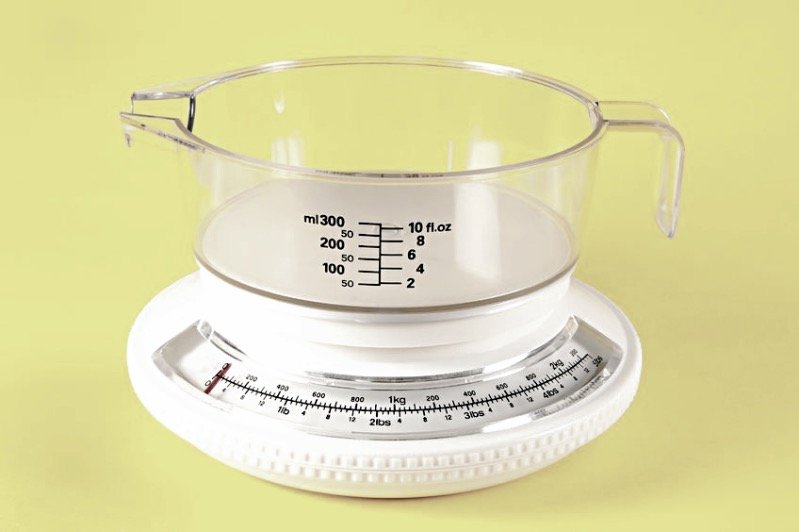Converting Weight to Measure
How do you convert solid coconut oil weight to fluid ounces?
-Marleen
In order to know how many fluid ounces there are for a given weight of coconut oil, or any other ingredient, the first thing you need is a conversion factor. It turns out that the USDA has a very helpful tool, called their Nutrient Database (http://ndb.nal.usda.gov/index.html).
To use it, click on the link above, and then click the "Start your search here" link. In the search box, enter the ingredient you are looking for and then select from the possible matches given. Sometimes it will be entered slightly differently in the database. For example, "coconut oil" shows a list of possible matches including "Oil, Coconut". Click on that and you will see all sorts of nutritional information for different measures. What you are looking for is the column that says "1 cup". Right below the title you will see how much one cup of coconut oil weighs in grams -- 218 grams per cup which is equivalent to 27.25 grams per fluid ounce (218 / 8). If the recipe you have uses metric weights, then simply divide the specified weight by 218. For example, if it calls for 200 grams of coconut oil, then 200 / 218 = 0.917 cups, or about 7⅓ fluid ounces (7 fl oz + 2 tsp).
If your recipe gives the weight in ounces, then you will need to know how many ounces weight equals 218 grams. The conversion factor is 28.35 grams per ounce weight. You can calculate 218 / 28.35 = 7.69 ounces weight per cup, or if you are near your computer simply enter "218 grams in ounces" into your favorite search engine and it will give you back the same answer. Now, if your recipe calls for 6 ounces weight, say, divide 6 by 7.69 and you get 0.78 cups or about 6¼ fl oz.
Using the USDA Nutrient Database, you can get conversion factors for all sorts of ingredients: all-purpose flour = 125 grams/cup; table salt = 292 grams/cup; eggs, whole, raw, fresh = 243 grams/cup or 4.86 large eggs; and so on.
Of course, the easiest way is to buy an inexpensive digital kitchen scale such as this one from Starfrit, keep it on the counter, and then you can just weight out ingredients when needed.

